Korea History Tour: Korea Begins
As visitors step foot onto the ancient grounds of Korea, a serendipitous encounter awaits, unveiling the intricate layers of the country’s storied past. From the enigmatic era of early Korean civilization to the tumultuous times of the Joseon Dynasty, each chapter of history holds secrets waiting to be unraveled.
However, it is the pivotal events of the Japanese Occupation and the subsequent liberation and division that beckon travelers to explore further. In this immersive journey through time, you will witness the soul-stirring narratives that have shaped Korea into the vibrant tapestry it is today.
Key Points
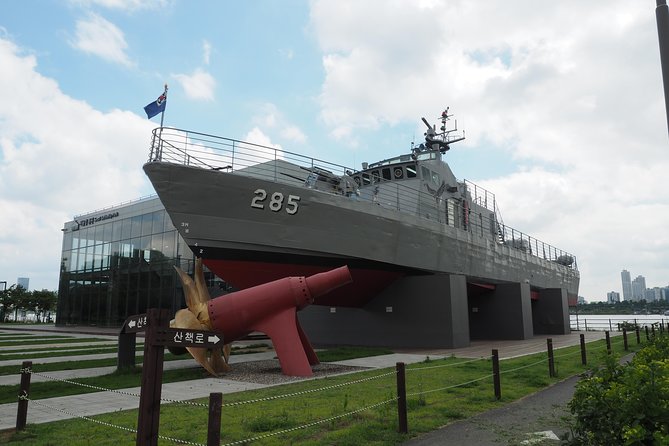
- Early Korean civilization laid the foundation for Korea’s rich cultural heritage.
- The Three Kingdoms Period witnessed intense competition, cultural exchange, and flourishing art and culture.
- The unification of Korea marked a pivotal moment, shaping a unique Korean identity through cultural exchange.
- The Joseon Dynasty brought stability, innovation, and lasting impacts on Korea’s cultural, political, and social landscapes.
Here's some more nearby activities we've reviewed
Early Korean Civilization
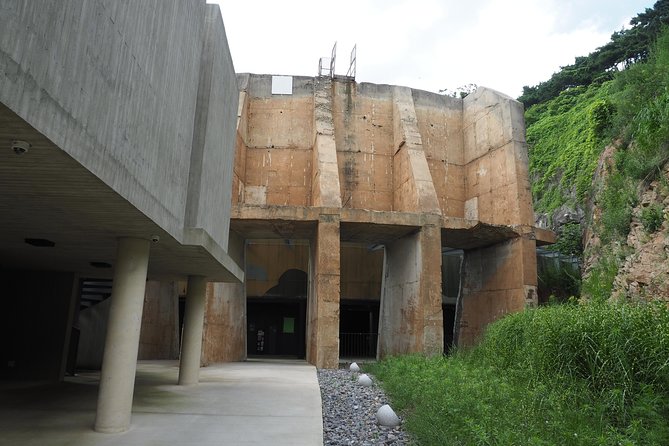
Early Korean civilization emerged as a vibrant and dynamic society characterized by intricate cultural practices and significant technological advancements. Korean artifacts found in ancient settlements reveal the creativity and craftsmanship of early Korean inhabitants. These artifacts include pottery, metalwork, and tools that provide valuable insights into the daily lives and skills of ancient Koreans.
The discovery of ancient settlements showcases the organized urban planning and architectural achievements of early Korean society. Through the study of these artifacts and settlements, historians have pieced together a narrative of a sophisticated civilization that laid the foundation for the rich cultural heritage that Korea possesses today. The legacy of these early Koreans continues to fascinate and inspire modern scholars and visitors alike.
Three Kingdoms Period
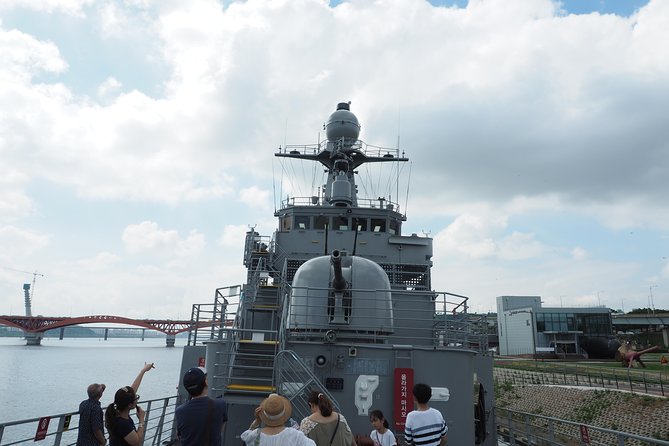
During the Three Kingdoms Period in Korean history, rival kingdoms fiercely competed for power and influence, shaping the political landscape of the peninsula. The period was characterized by territorial expansion, cultural exchange, and military conflicts. Notably, Goguryeo, one of the three kingdoms, experienced significant growth and expansion during this time, extending its borders and influence over neighboring regions. This expansion brought about both prosperity and challenges, as Goguryeo faced opposition from other kingdoms seeking to assert their dominance.
The Three Kingdoms Period was a dynamic era marked by political intrigue, warfare, and the flourishing of art and culture amidst the ongoing struggles for supremacy.
-
Intense competition for power and influence
-
Goguryeo’s territorial expansion
-
Cultural exchange between kingdoms
-
Military conflicts and challenges
Unification of Korea
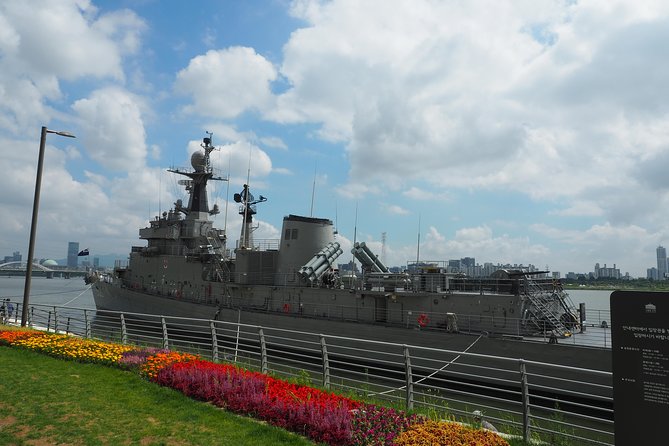
The unification of Korea marked a pivotal moment in the nation’s history, bringing together disparate factions under a single ruling authority. The unification process was a complex series of events that culminated in the formation of a unified Korean state.
This period saw cultural exchange flourish as different regions merged their traditions, languages, and customs. The blending of these diverse elements enriched Korean society, creating a unique identity that would shape the nation for centuries to come.
Through this process, a sense of unity and shared purpose emerged, laying the foundation for the future development of Korea. The unification of Korea not only altered the political landscape but also fostered a rich tapestry of cultural exchange that continues to define the country today.
Joseon Dynasty
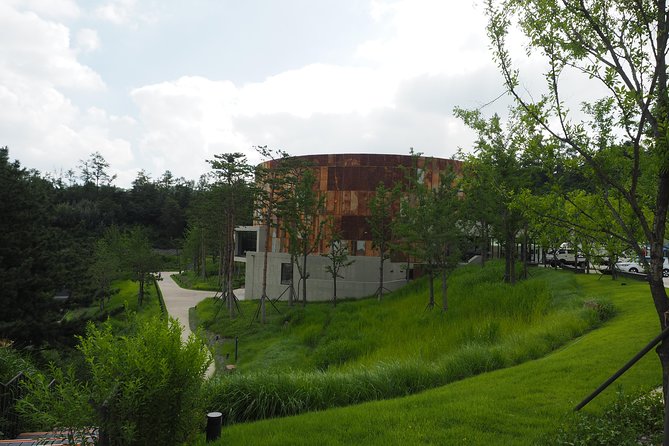
With the unification of Korea setting the stage for a new era of development, the Joseon Dynasty emerged as a transformative period in Korean history, influencing the nation’s cultural, political, and social landscapes for centuries.
The Joseon Dynasty, lasting from 1392 to 1910, marked a significant era of stability and innovation in Korea.
Under the Joseon rule, Confucianism became the dominant ideology, shaping societal norms and governance.
Cultural advancements flourished, including the creation of the Korean alphabet, Hangul, by King Sejong the Great.
Joseon’s artistic achievements, such as traditional Korean pottery and architecture, continue to influence modern Korean culture.
Japanese Occupation
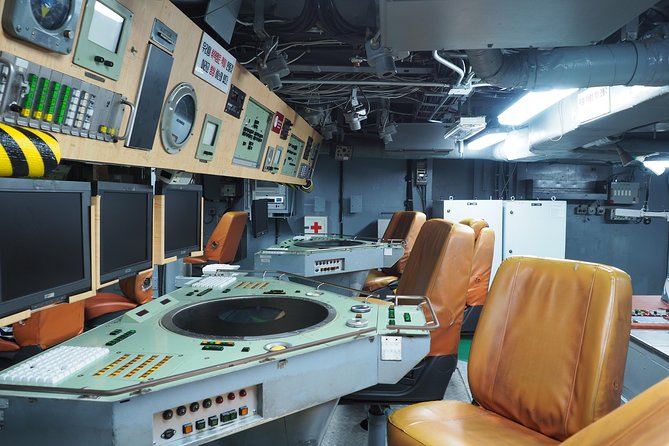
Emerging as a dark chapter in Korea’s history, the Japanese Occupation left a lasting impact on the nation’s identity, economy, and social fabric. Lasting from 1910 to 1945, this period saw Japan imposing its rule over Korea, leading to the suppression of Korean culture, language, and traditions.
The Japanese implemented harsh policies, forcing Koreans to adopt Japanese names and worship the Japanese emperor. Despite these oppressive measures, Koreans engaged in various resistance movements, fighting for their independence and cultural preservation. These movements included protests, underground activities, and uprisings against Japanese rule.
The Japanese Occupation fueled a sense of nationalistic fervor among Koreans, laying the groundwork for the eventual push for liberation and the restoration of Korean sovereignty.
Liberation and Division
After enduring years of Japanese oppression, Korea’s path to independence and self-determination was marked by a pivotal moment of liberation and subsequent division. The liberation from Japanese rule in 1945 set the stage for significant changes in Korea’s history:
-
Independence Struggles: Following liberation, Korea faced internal conflicts as different factions vied for power and influence.
-
Division of Korea: The end of World War II resulted in the division of Korea along the 38th parallel, with the Soviet Union occupying the north and the United States occupying the south.
-
Conflict Escalation: Tensions between the two occupying forces escalated, leading to the outbreak of the Korean War in 1950.
-
Legacy of Division: The division of Korea continues to impact the region, shaping politics, economics, and societal relations.
Here's a few more nearby tours and experiences we have reviewed.
- Mt. Seorak Tour
- Private DMZ Peace Tour: 3rd Invasion Tunnel(Monorail) and Suspension Bridge
- Odusan & Imjingak Gondola, Experience the Reality of Division
- Seoraksan National Park, Surfing and Via Ferrata in Korea
- Nami Island, Petite France and Hot Place Myeongdong!
- Hike and Explore the Wonder of Bukhansan National Park With Hiking Professional(Including Lunch)
Common questions
What Are Some Popular Local Foods to Try While on the Korea History Tour?
When exploring Korea, travelers can savor local delicacies like bibimbap and kimchi, indulge in traditional dishes such as bulgogi, taste street food like tteokbokki, and immerse in culinary experiences to enhance culture, all while respecting dining etiquette.
Are There Any Specific Cultural Etiquette or Customs That Travelers Should Be Aware of During the Tour?
When visiting Korea, travelers should respect Korean customs like bowing as a greeting and removing shoes before entering homes. Wearing traditional attire, such as hanbok, showcases appreciation for Korean culture. Embracing these practices enhances the immersive experience of the Korea History Tour.
Are There Any Recommended Souvenirs or Gifts to Bring Back From the Korea History Tour?
When exploring Korea on the history tour, travelers should consider bringing back traditional crafts like handmade pottery or unique textiles as souvenirs. These items capture the essence of Korean culture and make for meaningful gifts.
What Is the Best Way to Get Around and Explore Other Areas in Korea Outside of the Tour Itinerary?
To explore neighborhoods beyond the tour, visitors can use public transportation, join bike tours, or take walking tours. These options offer a more immersive experience, allowing travelers to discover hidden gems and local culture.
Are There Any Special Events or Festivals Happening in Korea During the Time of the Tour That Travelers Should Check Out?
During the tour, travelers should explore traditional performances, cultural workshops, historical reenactments, and art exhibitions happening in Korea. These events offer insight into the rich heritage and vibrant cultural scene of the country.
Here's more of our most recent tour reviews happening neaby
- Seoul: Professional Photoshoot at Bukchon Hanok Village
- SKZ Themed Tour in Seoul
- Incheon Airport: Traveler SIM & T-money Transportation Card
- Seoul: Nami and Petite France Tour With Optional Railbike
- Seoul Lotte World & Alpaca World Private Tour
- BTS Seoul Pilgrimage : ‘Dynamite’ Stagehanbokold Traces
- From Seoul: 5D4N All Over Korea, UNESCO, Culture & Nature
- From Seoul: Classic K-Drama Dae Jang Geum Park Tour
- Seoul: Dark Side of the City and Ghost Stories Walking Tour
- Seoul: Esports Club House Tour, Meal Provided
- Seoul: Private Customizable Tour to Nami Island and More
Last Words
Don’t miss out on the opportunity to explore the fascinating history of Korea with the ‘Korea History Tour: Korea Begins’.
From the ancient civilizations to modern influences, this tour offers a comprehensive insight into the rich cultural heritage of Korea.
With affordable prices starting from £39.49, it’s a must-do experience for history enthusiasts.
Book your journey now and uncover the wonders of Korea’s past and present on this unforgettable historical adventure.